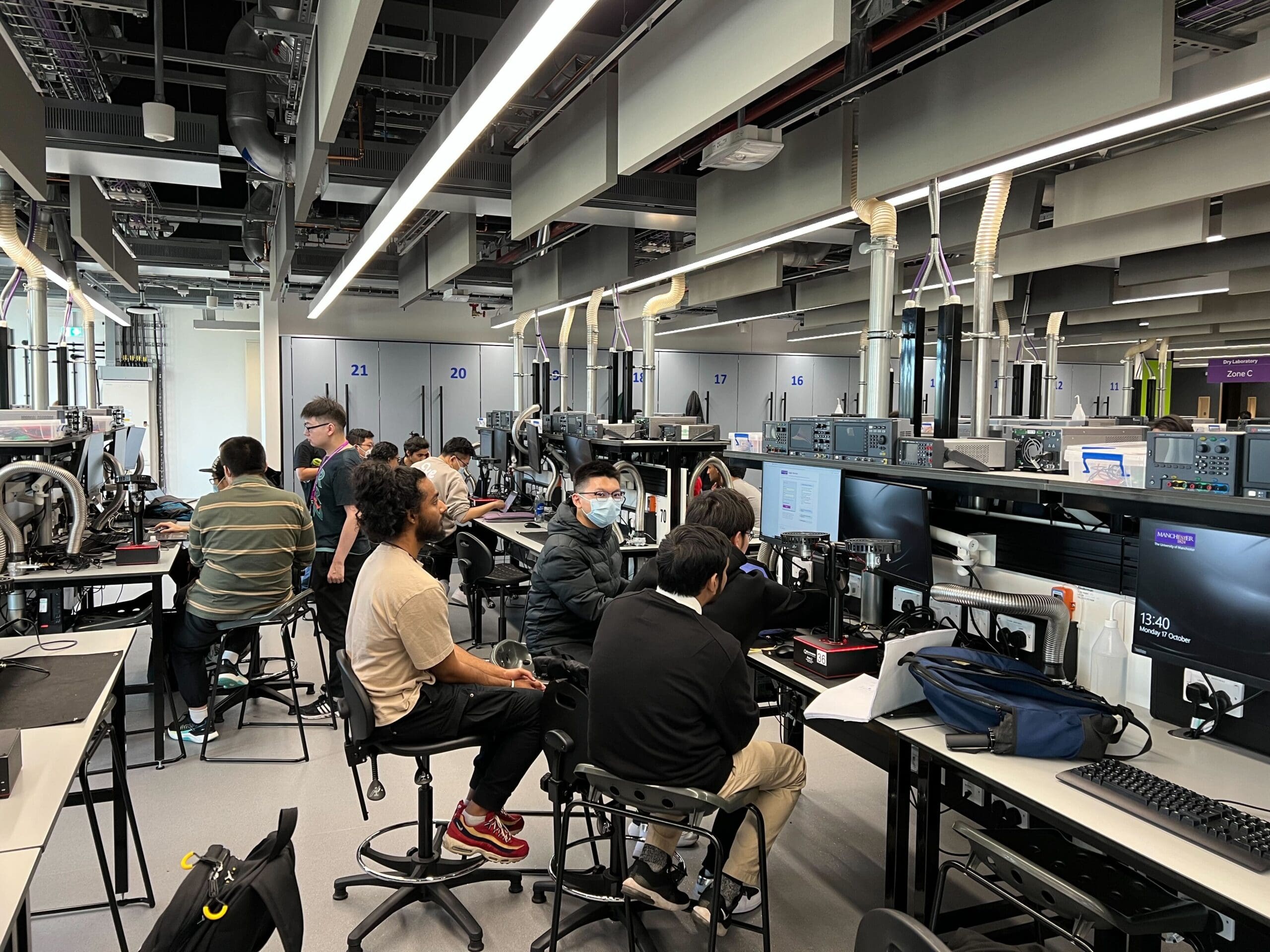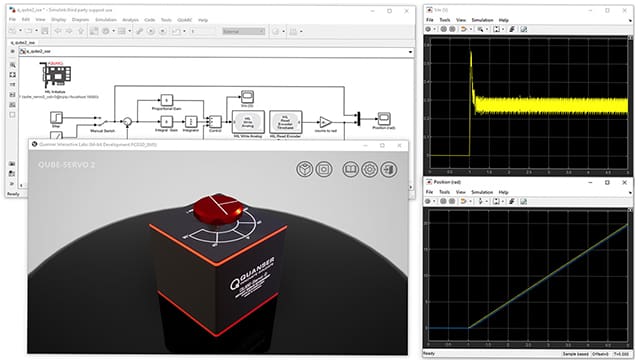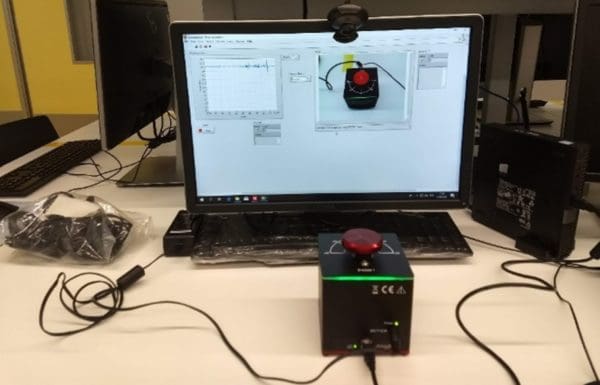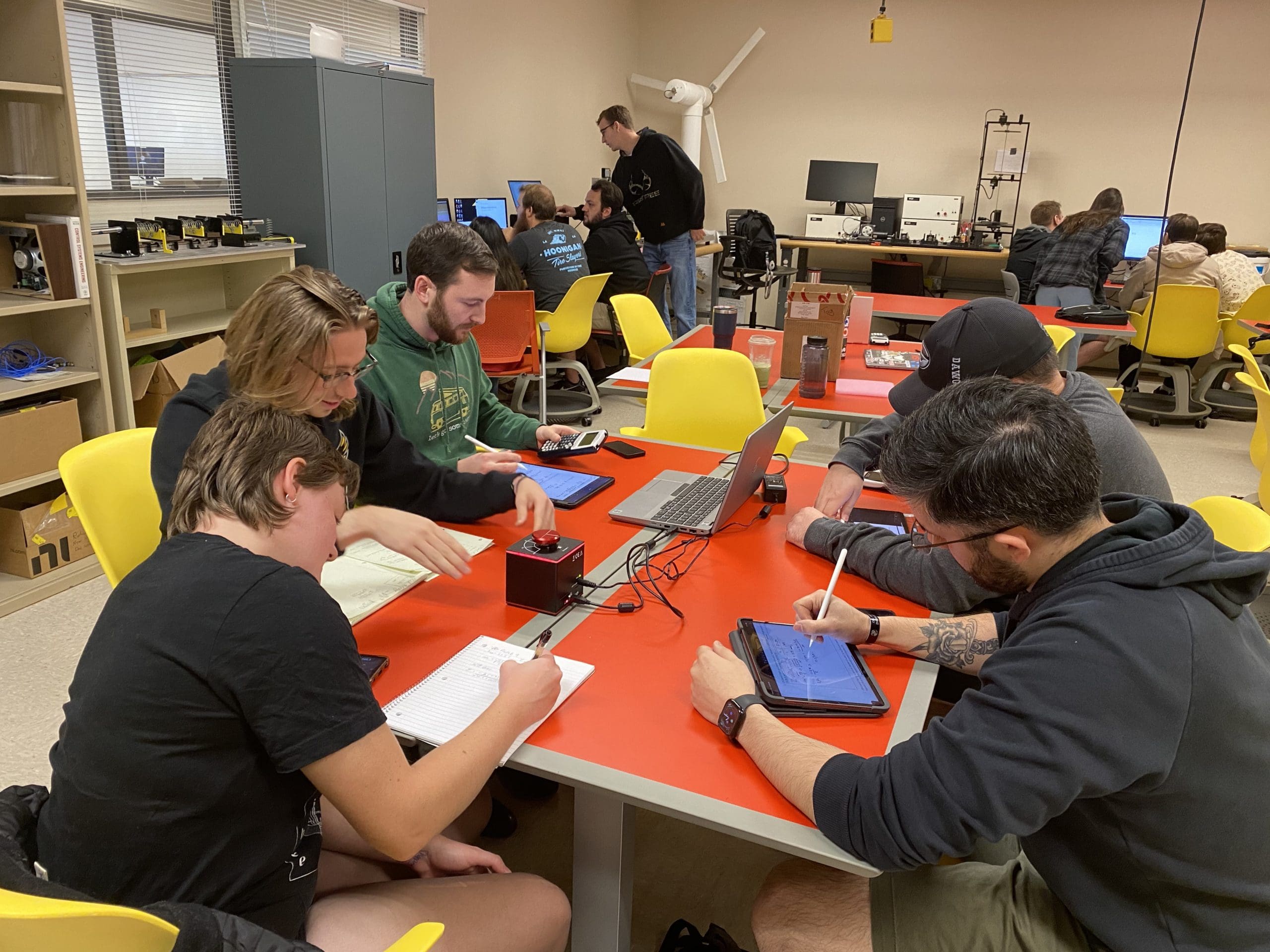
Engineering without labs is a different discipline. If we cut out labs we might as well rename our degrees Applied Mathematics. Eastlake, 1986
This quote was presented by Prof. Ayse Tekes and shows how passionate the Associate Professor at Kennesaw State University is about having labs in engineering courses. Prof. Tekes used a wide variety of software and equipment in her course, before eventually settling on using the Quanser QUBE-Servo 2 and Rotary Servo systems to teach control system theory. Find out the challenges she faced and her reasons for choosing Quanser.
Challenge
Prof. Tekes teaches the ME 3501 Dynamics Systems and Control Theory and ME4501 Vibration and Control Lab courses at Kennesaw State University in the Mechanical Engineering department. The professor wanted to have lab equipment that could address the following control system theory topics:
- Introduction to Control Theory
- Modeling of Mechanical Systems
- Block Diagram Reduction
- State Space Modeling
- Time Response
- Stability
- State Space Errors
- Controller Design by Root Locus
- PID Controller Design using performance criteria.
Prof. Tekes is a seasoned instructor. She had already developed 3D printed lab equipment for the Vibrations and Control lab course. However, for control theory labs she was adamant about using equipment that met these expectations:
- Repeatability
- Reproducibility
- Reliability
- Robustness
To address this initially, the professor borrowed the Rotary Servo systems from the Electrical Engineering department. However, the control theory course has four sections per semester with 40 students in each section. With a total of 160 students per semester, Prof. Tekes needed her own equipment to give the students a proper dedicated hands-on experience.
But there were several challenges:
- Funding: As with many institutions, funding is divided amongst different engineering departments. Given that this was post-pandemic, many other departments needed to outfit their labs with new equipment.
- Multiple stations: Needed multiple stations to accommodate 160 students per semester.
- Timeline: The labs were starting soon, so she needed the systems as soon as possible.
- Minimal lab space: Lab space is limited. The equipment had to be compact and portable in case it had to be moved frequently to accommodate for other systems and courses sharing the same lab room.
- MATLAB Simulink support: MATLAB Simulink was already being taught as part of the lab sequency and used for simulations. It was important that MATLAB Simulink was supported by the lab equipment.
Solution
Adam Assaad, Territory Manager for that region, worked closely with Ayse Tekes. Given the lab objectives, timeline, and budget – Adam proposed the QUBE-Servo 2. The QUBE-Servo 2 is an affordable, compact, portable servo system that is completely compatible with MATLAB Simulink through Quanser’s real-time control software for Simulink, QUARC.
Result
Even when faced with the global parts shortage, the Quanser team was able to quickly deliver a core collection of QUBE-Servo 2 units for the labs. Using the positive feedback received from students, Prof. Tekes was able to secure additional funding and expand the lab to take advantage of an additional set of QUBE-Servo 2s.
The professor leveraged many of the existing labs supplied with the QUBE-Servo 2 to address the topics in the control theory course. She also created new labs, such as PID control design using root locus as shown below.


This highlights how you can leverage MATLAB and Simulink toolboxes to do your control design. In another lab, Prof. Tekes had the students design the PID control using the classic Ziegler Nichols method.

The QUBE-Servo 2, like most Quanser systems, is open-architecture. Meaning that it’s easy for you to design your own labs – either by modifying the existing ones supplied or creating your own from scratch.
How did the labs turn out? Here are some student testimonials:
- I really love all the control labs with Quanser since I can finally see how these applications work in real life. Seeing is better than reading through a textbook.
- Allow more labs that have variables that the student solves for, similar to Quanser. Those were the most enjoyable.
- Working with Quanser Servo gave me good insight and knowledge of controller design.
- My favorite lab was Quanser with PID controller tuning.
It sounds like students enjoyed the experience and found the labs very beneficial.
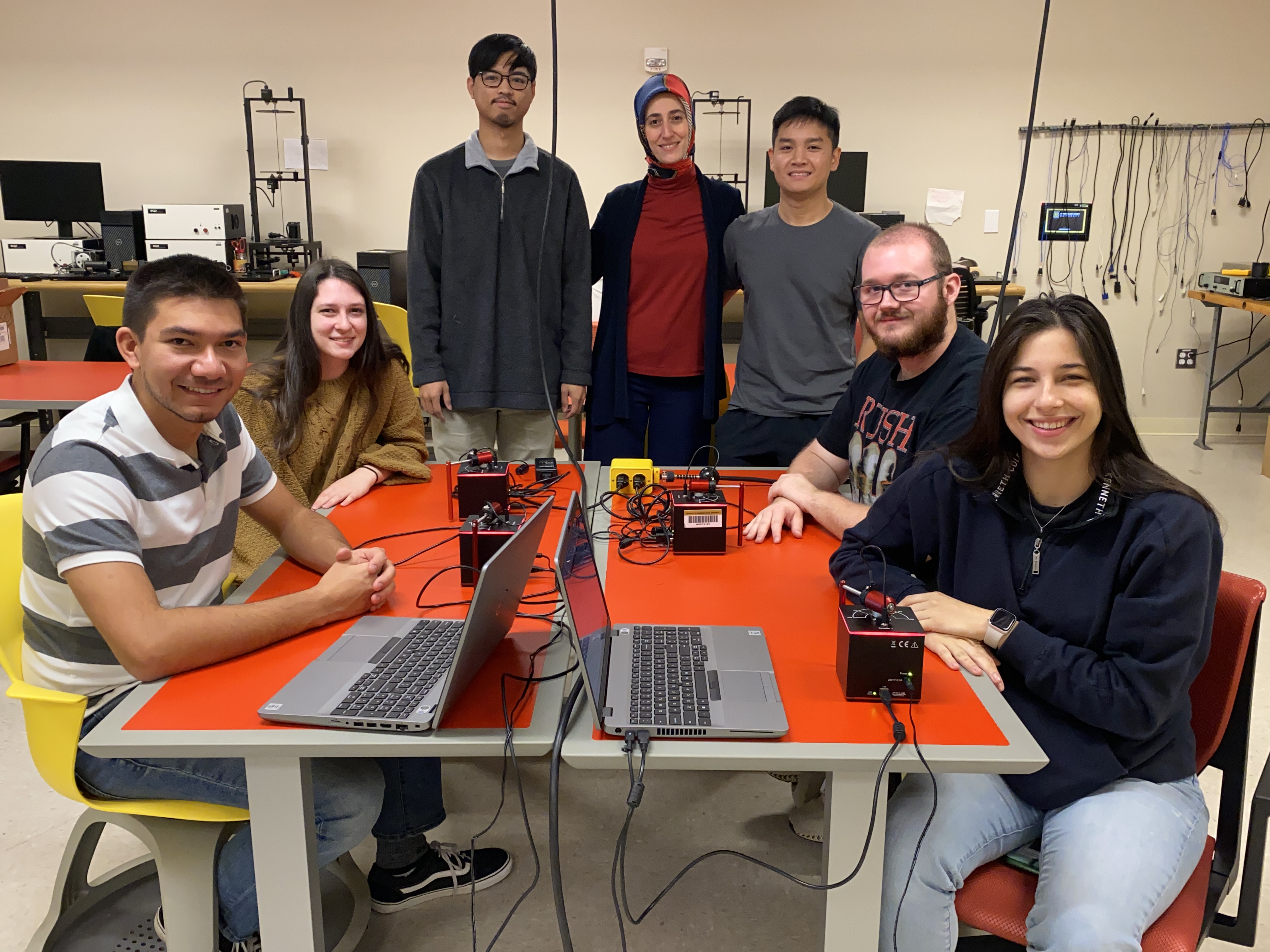
Quanser always feels inspired with professors like Ayse Tekes that are dedicated to teaching our young engineers. The challenges faced by Kennesaw State University are common. The QUBE-Servo 2 was originally designed to give most “bang for your buck”. It is simply the most cost-effective quality servo system designed for teach modeling and control systems. We are happy to see this fit the needs of the course and look forward to working with Prof. Ayse in the future.
